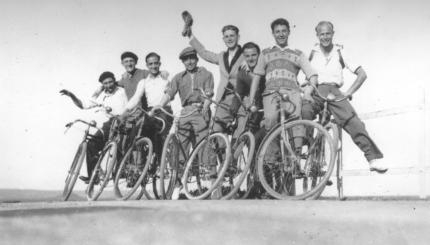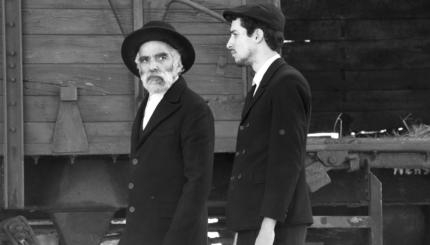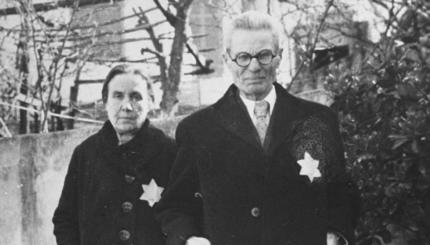The Israeli novelist Orly Castel-Bloom’s 1992 novel Dolly City isn’t for the faint of heart. It’s a car wreck you can’t tear your eyes from.
Its first chapter begins with the nauseating dissection, barbecuing, and ingesting of a pet goldfish and ends with the discovery of a baby boy in a plastic bag. In this novel, which announced Castel-Bloom’s arrival as one of the preeminent voices of contemporary Israeli literature, there are no rules or morals — and there isn’t much sense either.
Dolly is a doctor who lives in a 400-story apartment building called Dolly City. She eats antidepressants like trail mix and gives herself electroshock therapy. The trains in this “most demented city in the world” all run to Dachau — but “not that Dachau, just some old plank with the name Dachau written on it, a kind of memorial.” There is even an anti-anti-Semite quarter “where the Holocaust survivors crucify a different goy every day.”
Nothing in contemporary Israeli society escapes Castel-Bloom’s wit and scorn, and symbolism reigns supreme. Dolly carves a map of Israel onto her son’s back to claim sovereignty over him. She asks: “What kind of a thing is motherhood if you can’t take care of your child nonstop, one hundred percent?”

Help us keep Jewish knowledge accessible to millions of people around the world.
Your donation to My Jewish Learning fuels endless journeys of Jewish discovery. With your help, My Jewish Learning can continue to provide nonstop opportunities for learning, connection and growth.
Dolly becomes a runaway obsessive of a mother. “My concern for his health knew no bounds. It was voracious, it was grotesque.” She performs needless surgeries on him to combat imaginary ailments. At one point, Dolly prowls the halls of a German orphanage, scalpel in hand, looking for an infant who may have a suitable kidney to transplant into her son, an utterly gruesome scene that ends with Dolly’s realization that her baby didn’t need a transplant anyway.
Orly Castel-Bloom was raised in Tel Aviv by French-speaking, Egyptian-born Jews. Her writing bears some resemblance to that of fellow Tel Avivian Etgar Keret, who said of this novel that Castel-Bloom “takes all the fears and aggression of one of the most violent regions on this blue planet, wraps it up in an incredible and unique imaginative plot … and the result is literally breathtaking.”
It’s true. There are scenes in this novel that will have you reading through shielded eyes. It’s worth it. Don’t look away.
Ready to start the novel? Grab your copy of Dolly City here.
Intrigued? Read an excerpt ofDolly City.




